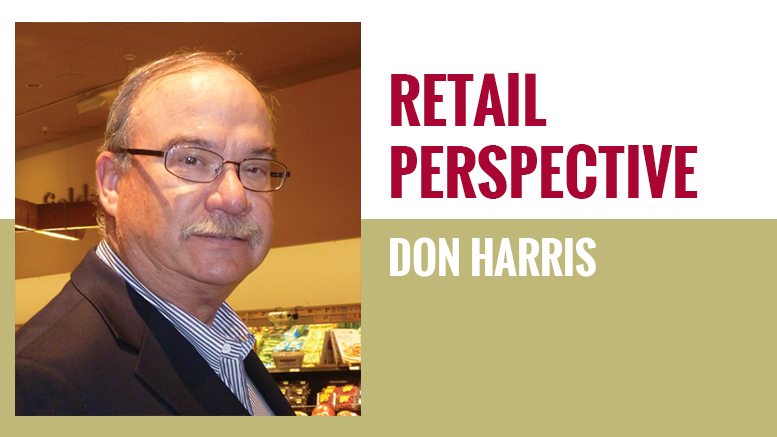Now Is The Time For Strategic Planning
May 20, 2019 | 3 min to read
As spring begins, it's crucial for Produce departments to engage in proactive promotional planning, yet many fail to do so, missing opportunities for increased sales. Understanding consumer desires and leveraging local events can enhance promotional strategies. By tapping into supplier relationships and revitalizing past promotions, retailers can create engaging events that showcase the entire Produce section. Such innovative approaches not only meet evolving consumer needs but also set operations apart in a competitive landscape.

 The beginning of the spring season is an excellent time to review operations and plan ahead to utilize the bounty of offerings available in the coming months. During this period, management encourages all other departments to put together a promotional calendar that would carry through the remainder of the year.
The beginning of the spring season is an excellent time to review operations and plan ahead to utilize the bounty of offerings available in the coming months. During this period, management encourages all other departments to put together a promotional calendar that would carry through the remainder of the year.
Unfortunately, management often misses the opportunity or the need for Produce to do the same. The thinking that Produce always follows the seasons and utilizes new crops as they become available can lead to a lack of advance planning and promotional efforts. This type of management philosophy only proves that, “they just don’t get it.”
Promotional planning is not only necessary, but it is also vital to the department’s success. It can often drive momentum and increase sales to a much higher level. Strategic planning that incorporates pertinent facts, data and information can also create a wide-ranging, effective program.
The process begins by realizing and categorizing the natural opportunities presented by the seasonality of fresh produce. The progression of crops month-by-month provides ample opportunity for promotional activity as each growing area comes into production as well as the local crops beginning to showcase their bounty. This is the traditional method of promotional planning for Produce. However, to truly reach the goals set for your operation, an innovative retailer must look to other areas to refine and sharpen the focus of the promotional efforts.
The first step is to fully understand the consumer you are trying to reach. Ascertain what types of promotional or presentation qualities they are looking for and the particular desires that drive them. Take advantage of any, and all, local activities and/or celebrations to formulate your promotions to meet the needs of not only the consumers but, also the community. Design your promotional activity around their desires as well as the opportunities presented by local celebrations and festivals.
Next, begin to look at how to utilize the upcoming season to meet those goals. Review supplier relationships and examine what how they may be able to assist with the promotional efforts. Look at older promotions that have been done year after year and find ways to breathe new life into them, using your operation and those suppliers. Encourage suppliers to participate and ask them to provide additional support that not only moves their own goods, but also promotes a wide variety of goods.
The innovative retailer utilizes all sources of support, including growers, commodity promotional boards and committees, and anyone else who can help to prepare and structure unique promotions. These types of promotions can go beyond the regular “family” type of marketing, which utilizes several members of a commodity. Instead of highlighting an individual group, why not combine many groups within the department? Create a colorful scenario that promotes the common good of all the items in a far-reaching event that covers the entire department. This type of thinking and inclusion allows your operation to promote the entire Produce section. It puts individual items in a new light to generate special interest from customers. It also provides an additional sales platform.
In order to meet the challenges presented by ever-changing consumers and their various needs, we must look at new and different ways to highlight the produce items within our operations. By utilizing all of the available methods of support, we can prepare a strategic plan that includes unique promotional events that incorporate more produce items. This will strengthen the appeal of the department and supply the needs and wants of ever-evolving consumers. This type of strategic thinking has been a home run in other industries. The entrepreneurial spirit that can be gained from this type of strategy is infectious and motivating. It can elevate your operation above the level of the competition. The rewards far outweigh any of the efforts.
Don Harris is a 41-year veteran of the produce industry, with most of that time spent in retail. He worked in every aspect of the industry, from “field-to-fork” in both the conventional and organic arenas. Harris is presently consulting. Comments can be directed to editor@producebusiness.com.
(Story originally printed in the April 2019 issue of Produce Business.)
6 of 9 article in Produce Business May 2019

